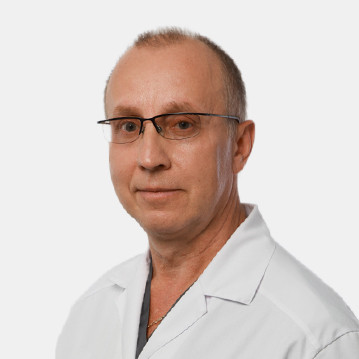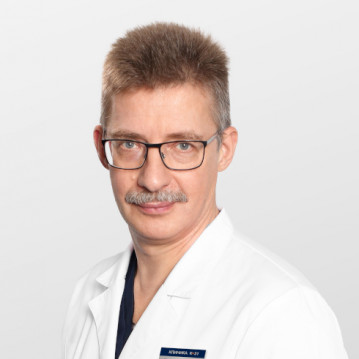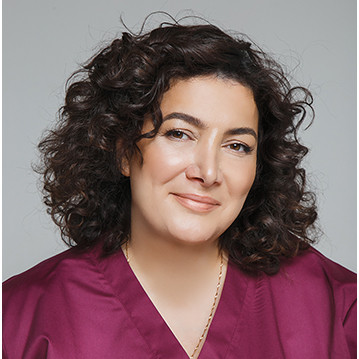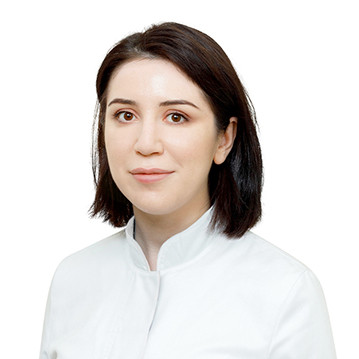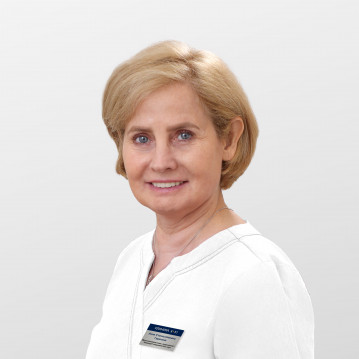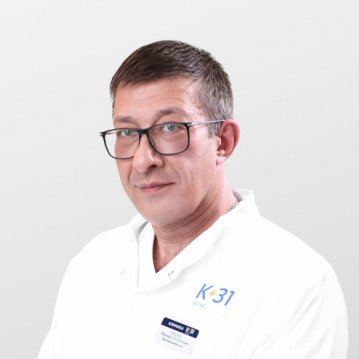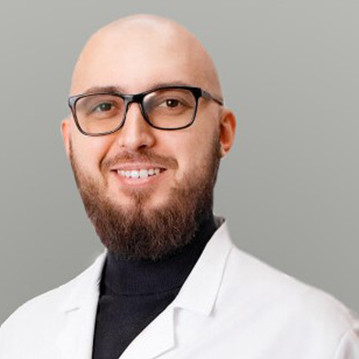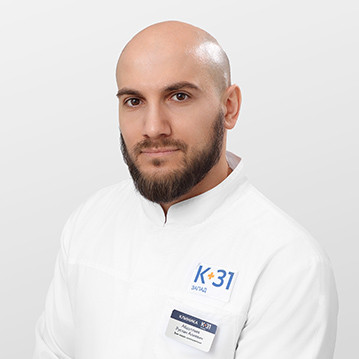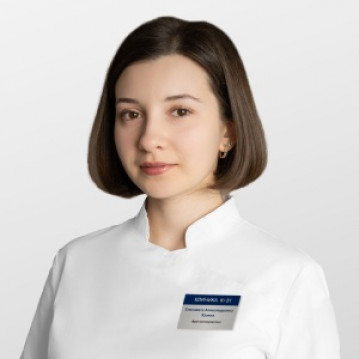
Treatment of proctological pathologies
Coloproctology, a special branch of medicine, deals with the study of diseases of the rectum, colon and anal canal.
The appropriate treatment is selected by the doctor depending on the diagnosed disease. In their practice, proctologists treat, among other things, the following pathologies:
Hemorrhoidal disease (hemorrhoids). A first acute attack is treated conservatively. And in this case, an integrated approach is important, which allows you to influence all the factors that provoke the development of the disease. First you need to normalize the stool, since constipation and diarrhea equally injure the inflamed node.
If the patient has persistent constipation, it is recommended to follow a diet containing a significant amount of dietary fiber (oranges, prunes, dried apricots, apples), and drugs with a mild laxative effect are also prescribed. Spices, smoked foods, vinegar, salt, alcohol and carbonated drinks are excluded from the diet. To combat diarrhea attacks, spasms and pain, special medications are prescribed. If the nodes are located outside, ointments are used for treatment, and if inside - candles.
Chronic forms of hemorrhoids are subject to surgical treatment, the method of which is determined by the number of enlarged nodes, their location, the presence of complications and comorbidities.
Hemorrhoidal disease that occurs during pregnancy or after childbirth does not require surgical treatment. In the postpartum period, normalization of the hormonal background is observed, the tendency to constipation disappears, the volume of circulating blood becomes smaller, intra-abdominal pressure decreases and the body's defenses begin to recover. Therefore, the painful knot disappears on its own under the influence of classical methods of conservative therapy.
Chronic paraproctitis (fistula). The disease is characterized by the appearance of fistulas in the rectum, as well as in the anus and buttocks. Often fistulas form against the background of Crohn's disease. Treatment of chronic paraproctitis involves the removal of fistulas, as well as the use of antibiotics, the action of which is aimed at eliminating the cause of the disease.
Cysts of the epithelial coccygeal duct (ECC). Pathology in the sacrococcygeal region can be congenital or acquired. Its appearance is associated with the formation of a cavity under the skin in the intergluteal fold, lined from the inside with an epithelium with skin properties. The epithelial coccygeal passage is a potential focus of inflammation with the appearance of fistulas and purulent infiltrates.
A conservative approach in the treatment of epithelial coccygeal cysts can only bring temporary relief. To exclude recurrence, surgical removal of the cyst of the epithelial coccygeal passage will be required. The doctors of the clinic also treat presacral cysts, congenital benign formations located in the pararectal region.
Acute paraproctitis. In this case, only surgery is used to open and drain the abscess. To minimize the likelihood of complications, it is necessary to operate on paraproctitis as early as possible, until the cavity has reached a large size.
Ulcerative colitis. Chronic inflammation of the colon mucosa, the course of which always has individual characteristics. Accordingly, the method of therapy is selected strictly individually: it can be a conservative treatment or a surgical operation.
Anal fissures. In most cases, the treatment of anal fissures is carried out using conservative methods that affect all factors in the development of the disease. To eliminate constipation, dietary fiber is included in the diet, and in difficult cases, drug therapy is prescribed. Restrictions on physical activity are set, alcohol and spicy foods are excluded from the diet. For an analgesic effect in spasm of the internal sphincter, suppositories and ointments are used. If there is no improvement after 2-3 weeks of conservative treatment, surgery will be required.
Prolapse. Prolapse of the rectum from the anal canal occurs due to weakness of the muscles of the small pelvis and sphincter apparatus. In this case, only surgical treatment is provided.
Colon polyps. Benign growths in the colon are removed surgically. If there are few formations, they can be removed with a minimally invasive endoscopic method. Polyps that are not removed on time can degenerate into cancer.
Proctalgia. Pain in the rectum and anus caused by muscle spasms. As a rule, pathology is successfully treated with conservative methods.
Colorectal cancer. The main method of treatment for cancer of the rectum and colon is resection of the malignant tumor with a large capture of healthy tissue.
Methods of treatment of proctological pathologies
When conservative methods of treatment do not bring a positive result, doctors decide on surgical intervention. Anesthesia is required for the patient during the operation, as well as during the recovery period, which takes a long period. This is due to the suturing of the wound, which takes a long time to heal and can become inflamed.
Modern minimally invasive technologies are also used to treat proctologic diseases. These include:
- Laser surgery - coagulates the walls of fistulous passages with excision of the distal part, performs vaporization of hemorrhoids.
- High-frequency radio wave destruction - destroys pathological areas of venous vessels, necrotic tissues due to point local non-contact heating.
- Ultrasound treatment - removes prolapsed hemorrhoids quickly, without a trace and painlessly.
In proctology, sclerotherapy is also used to treat hemorrhoidal diseases in the early stages. After the procedure, the walls of the node are “glued together” due to the introduction of a special substance into its cavity.
All of the above methods of treatment have their own characteristics and are used in different cases. Only a doctor can determine the need for a particular method of treating proctological pathologies after consultation and diagnosis.
Doctors of the Department of General Proctology provide high-tech medical care to patients with proctological pathologies. Treatment is carried out on an outpatient basis or in a hospital. The hospital is equipped with the most modern equipment, in comfortable rooms there is everything necessary for high-quality treatment and speedy recovery.


